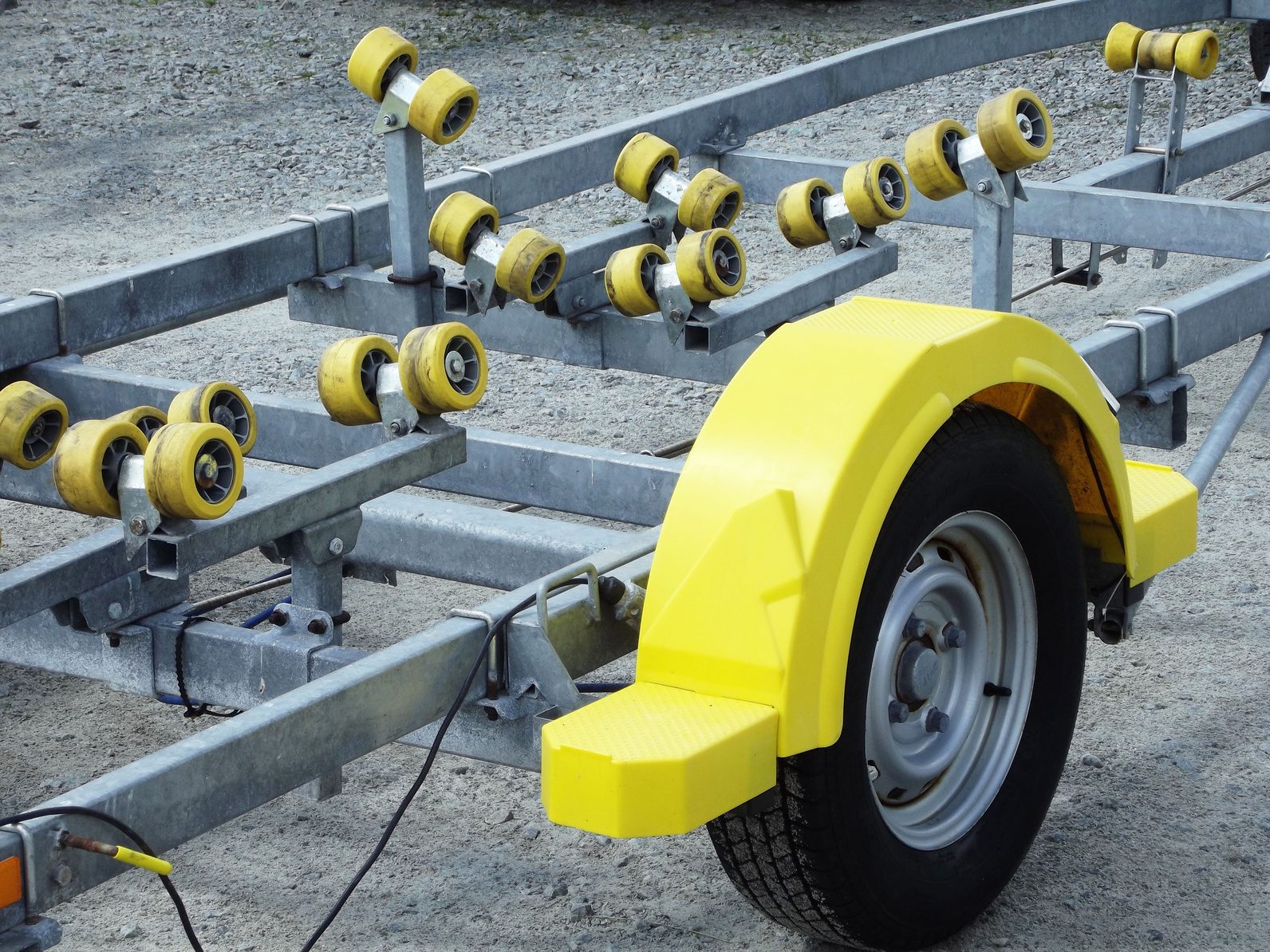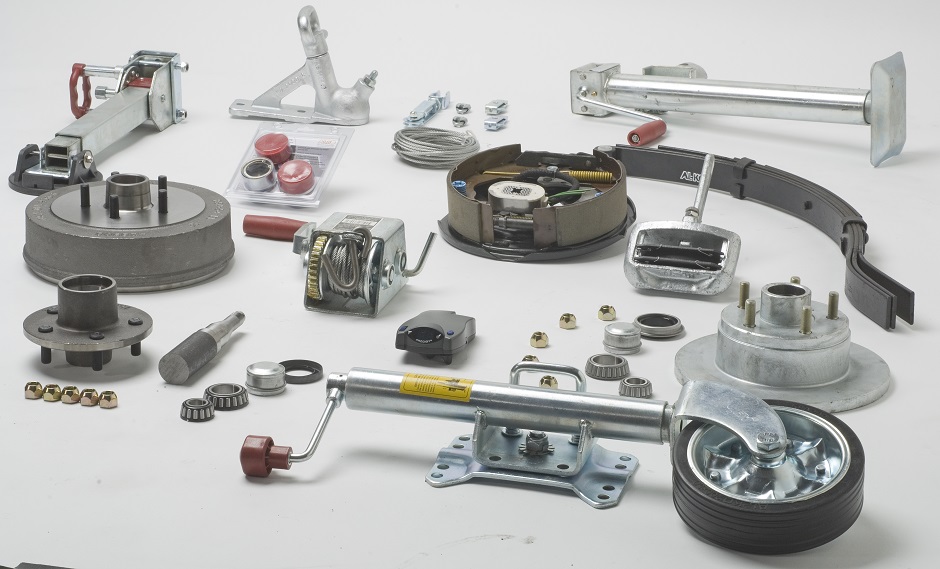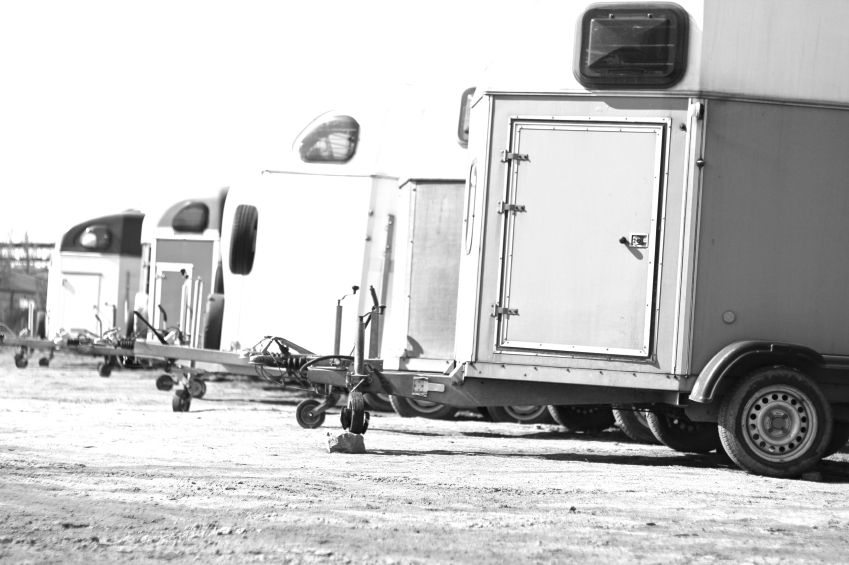You’ve chosen your boat, now it’s time to choose your boat trailer. It’s important to listen to what the boat manufacturer recommends – their advice is invaluable. Start off with our boat trailer guide, so that you know what you’re talking about before you begin that conversation.
Galvanised steel or aluminium?
There are many variables that will shape the answer to this question.
Steel
Steel is the ideal material to be used for very heavy loads, as it’s stronger, more rigid and more hard-wearing than aluminium. Importantly, steel is cheaper than aluminium. Once galvanised, steel is initially impervious to rust, but it will corrode over time. That said, the zinc coating can self-heal if there is enough zinc present in the affected area.
Aluminium
Aluminium is nearly as strong as steel but it weighs less, making it an attractive option when considering the towing capacity of the boat and trailer. However, depending on the trailer design and application, the weight saving may be negligible. It’s also more flexible than steel, which can be problematic.
Aluminium is naturally rust resistant but it still corrodes and forms aluminium oxide. Unlike rust, this corrosion normally doesn’t compromise aluminium’s integrity. Aluminium trailers generally have a nicer finish and tighter welds than steel ones, making them more attractive.
Skid or roller?
Use our boat trailer guide to decide. This depends on where and how you intend to launch your boat, and how much time you want to spend maintaining your trailer. Opinions are split on this issue – more so than on material type.
Skid
If you will be launching your boat via a boat ramp or in deeper water where your trailer will be submerged, then your best bet is to go with a skid trailer. With the trailer fully submerged, the boat floats on and off the trailer.
Skid trailers require less maintenance, can easily be modified, offer more hull support if correctly set up and are generally less expensive than rollers. However, if the tide goes out, floating the boat onto the skids isn’t possible, making retrieval more difficult.
Roller
Rollers are, by far, a better option for launching in shallow water, such as at a beach or a particularly shallow or steep ramp. They’re the more versatile option if you are travelling and unsure of the launch depth at each location. However, roller maintenance can be more time-consuming and these trailers are usually more expensive than equivalent skid trailers.
Rollers can be better suited to fiberglass hulls as they offer less abrasive contact than skids.
You’re now armed with more information from our boat trailer guide. Still, you may be in doubt about whether to go for skid or roller, aluminium or steel. You’ll need to do some homework and think about where you intend to launch. Ultimately, follow the advice given to you by the manufacturer.
For a deeper explanation of towing capacities, read our caravan towing capacity guide (note that the rules are the same for trailers and caravans).
towing, boat, marine, fiberglass, aluminium, steel, roller, bunk, launch, shallow, steep, galvanised, skid





